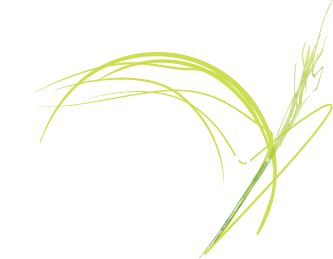The Torah of the Garden
Rabbi Jill Hammer wrote a beautiful piece about tending her mother’s garden. With some beautiful quotes from the bible and prophets
“the plants are their own kind of people — beings I try to nurture, appreciate and understand.
So it’s moving to me that the Jewish tradition sees plants in a similar way — as beings with voices. Psalm 96:12 states: “Let the fields rejoice and all that is in them; let the trees of the forest sing for joy.” Psalm 17:33 proclaims: “Let the trees of the forest sing at the presence of God.” In Psalm 48:8, the fruit trees offer praise. In Isaiah 55:12, the trees clap hands.
I’m a big fan of Maimonides who “understood these verses to be metaphors, but the Midrash — writings that fill in gaps in biblical texts — claims that trees do in fact speak with one another and with other creatures, and that they discuss the earth and its well-being. The Jerusalem Talmud too understands these verses expansively, saying that when Rabbi Yochanan ben Zakkai began to teach mystical secrets, the trees started to sing. The Zohar, the mystical Torah commentary, imagines that when the Creator visits the Garden of Eden at midnight, the trees burst into song.
This description of plants is a reflection of the way many of us experience plants — as alive, and in relationship to us. And it’s likely they reflect how our ancestors did too.
Many indigenous spiritual practitioners consider plants to possess intelligence, so it’s certainly possible our ancestors saw plants this way as well. And it might be time for us to be mindful of this too, given that we are breathing in what plants breathe out, and vice versa.”
https://www.jta.org/2023/06/15/ideas/summer-is-almost-here-its-time-to-learn-the-torah-of-the-garden
